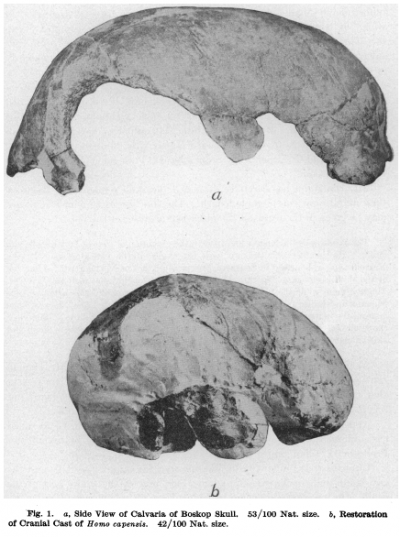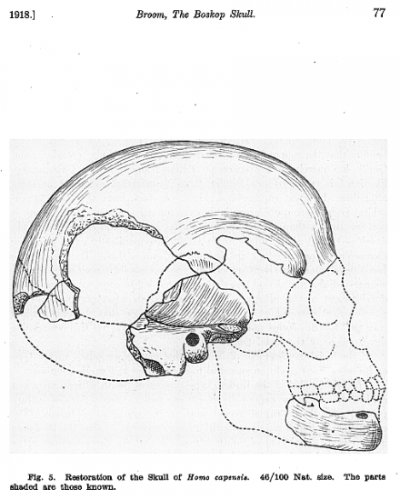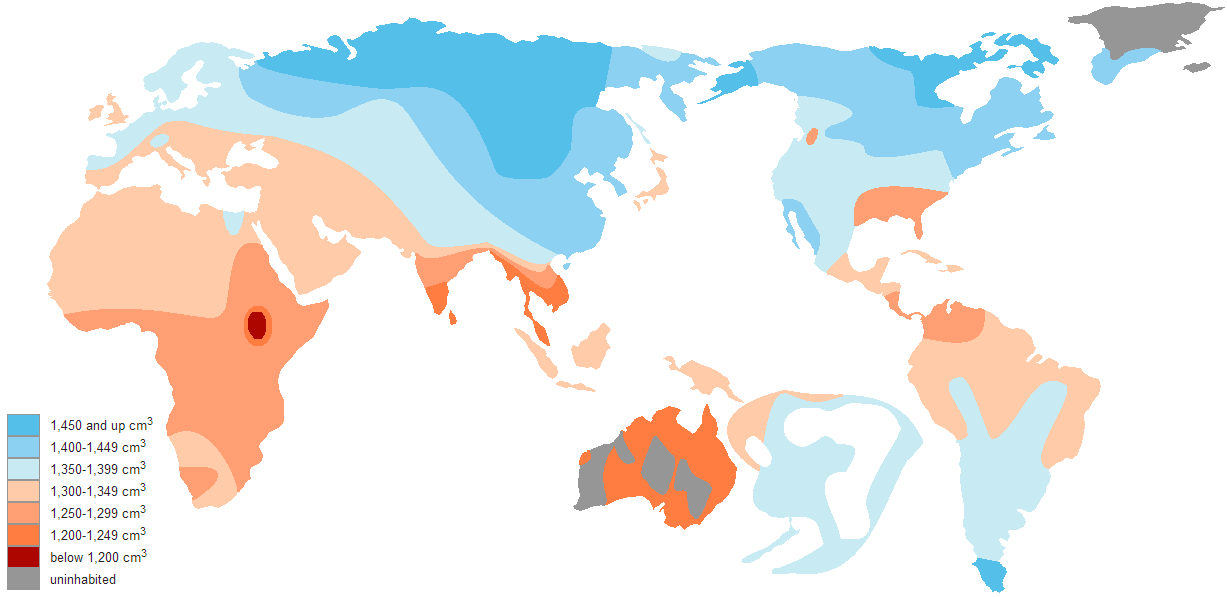sculptor
Valued Senior Member
From John Hawks:
http://johnhawks.net/weblog/reviews/brain/paleo/lynch-granger-big-brain-boskops-2008.html
More at:
http://johnhawks.net/weblog/reviews/brain/paleo/return-amazing-boskops-lynch-granger-2009.html
I got into this while trying to find something of substance from a stray comment about boskop man.
From a couple skull fragments found in 1913

Some people's imaginations went a tad on the wild side.
OK
The journey(so far) has led to the above quoted from John Hawks.
Anyone have supportive evidence of his assertion?
in general
Your thoughts?
potential reconstruction

http://johnhawks.net/weblog/reviews/brain/paleo/lynch-granger-big-brain-boskops-2008.html
... there has been a reduction in the average brain size in South Africa during the last 10,000 years, and there have been parallel reductions in Europe and China -- pretty much everywhere we have decent samples of skeletons, it looks like brains have been shrinking. ... it is probably a matter of energetic efficiency (brains are expensive), developmental time (brains take a long time to mature) and diet (brains require high protein and fat consumption, less and less available to Holocene populations).
More at:
http://johnhawks.net/weblog/reviews/brain/paleo/return-amazing-boskops-lynch-granger-2009.html
I got into this while trying to find something of substance from a stray comment about boskop man.
From a couple skull fragments found in 1913

Some people's imaginations went a tad on the wild side.
OK
The journey(so far) has led to the above quoted from John Hawks.
Anyone have supportive evidence of his assertion?
in general
Your thoughts?
potential reconstruction



